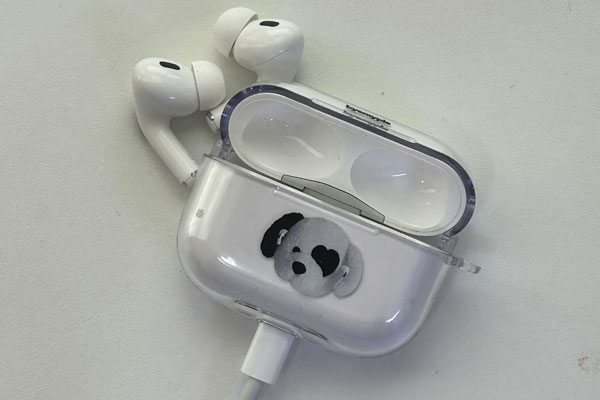Music industry no longer the exclusive domain of humans

[photo credit: Yujin Son]
With the developments in the field of Artificial Intelligent (AI), there has been increasing worry that AI could threaten the current music industry.
The threat to human jobs has been a well known issue in the field of AI.
Those jobs that are said to be replaced are usually those that require regularly repeated tasks.
Though just a few years ago, AI was unable to complete elaborate tasks, the speed of development in the field has allowed AI to complete detailed tasks more easily, threatening workers.
One of the biggest newspapers in Korea, JoongAng newspaper, reported that the “music industry isn’t only for humans now”, and mentioned the current trend of AI covers.
AI is preferred in many industrial areas due to its high efficiency, lack of need for breaks, and its ability to only output based on the developer’s encoded source inputs.
AI code has now evolved to work in the cooking, medical, and education industries.
This development has contributed to the creation of the AI industry in creative fields such as art and music.
For instance, one of the most famous AIs, ChatGPT, can already compose songs and create artworks.
Currently, AI song covers that sound like they are actually being sung and covered by another artist are trending on social media.
After the AI has been exposed to a large database of an artist’s voice, it can create any sentence or sing like that artist.
Not only the voice, but also the specific way that artist sings are also exactly copied, which makes the AI cover sounds extremely realistic.
Certain covers are so well done that it is difficult to distinguish whether the song cover was done by an actual artist or by AI without the creator stating that it was covered by AI.
Furthermore, K pop groups that consist of purely AI idols are debuting with their own album.
AI idols have the same schedule as actual human idols, they perform on many platforms , go to a TV show, and do many social media challenges.
Public sentiment of these idols are mixed: some mention that they don’t want AI idols on the stage as their movements are still not natural, creating the uncanny valley effect, while others state that they are better than human idols since they cannot get involved in controversies.
There are many disputes among people about the pros and cons of AI involvement in the music industry.
According to Forbes, “AI algorithms can analyze the musician's playing and provide intelligent accompaniment that responds to musical changes in real time.”
Many people believed that industries that require creativity would not be easily replaced by AI, but with the rapid development of AI, mass media and the press have asserted that AI can do what humans can do in the music industry.
The consequences, such as unemployment of musicians, can be another arising issue in the future.

- Yujin Son / Year 11
- Australian International School

![THE HERALD STUDENT REPORTERS [US]](/assets/images/logo_student_us.png)
![THE HERALD STUDENT REPORTERS [Canada]](/assets/images/logo_student_ca.png)
